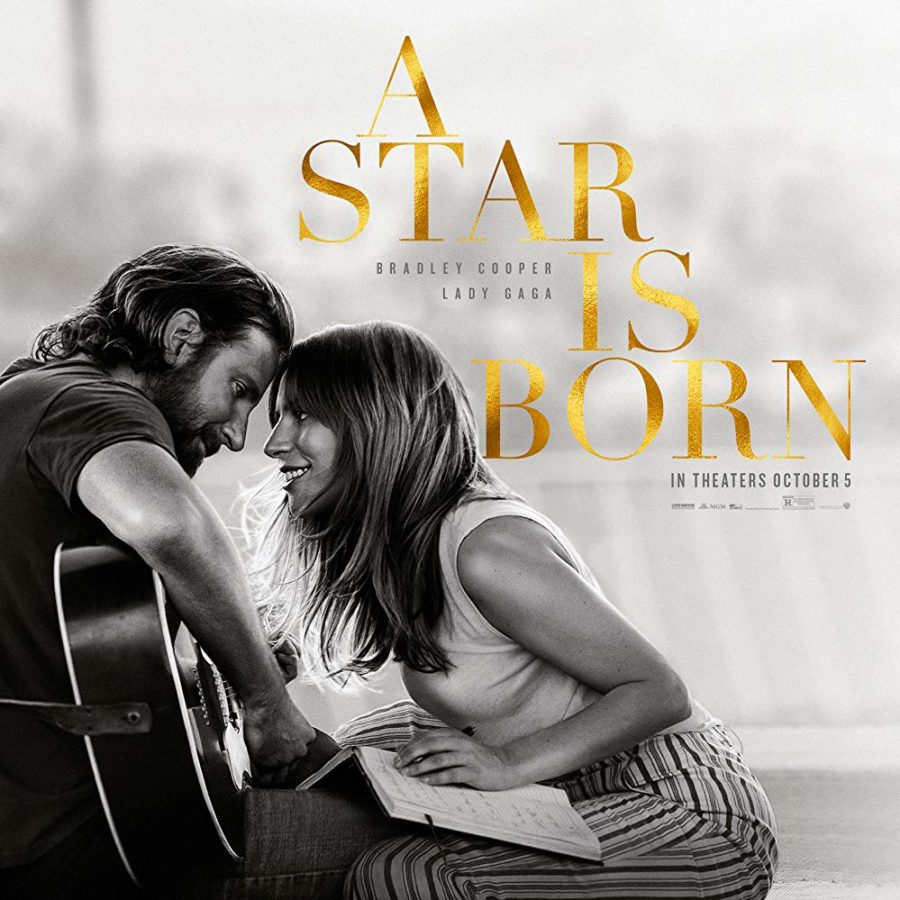There’s a moment in the film where a drag performer asks Bradley Cooper’s character to sing for her. The scene becomes an early defining point of Bradley’s directorial style: the screen is lit in a “soft glow” but the conversations and characters occur almost as is, giving the effect of a quasi-naturalness to the setting. A portrait of a star fading into oblivion, Cooper looks haggard and washed away; married to the bottle; holding onto a past notion of authenticity (“having something to say and the way to say it”) – both a coping mechanism and the film’s central platitude. He strums the guitar and performs:
But if I could take spirits from my past and bring ’em here
You know I would, you know I would(‘Maybe it’s time’ from A Star Is Born soundtrack)
Some spirits are more biographical, though, such as Cooper’s own battle with alcoholism and Gaga’s non-star appearance. In countless interviews, Gaga has insisted ad nauseam that Bradley was the only voice in a hundred who believed she could play the part. In her recounting of their first meeting at her home, Gaga talks about how Cooper insisted that she remove her makeup. There’s something uncanny in the story here that runs in parallel.
Cooper seems drunk, a bit too hopelessly, on the old-Hollywood romance of this most tantalizing story: of love, ascent and tragedy. There are vast sections of audiences who have loved this perfect cocktail of nostalgia, this transportation to a time when – romance was judged by its headiness and the birth of stardom was without its modern trappings. The soundtrack, which I loved, is similarly composed.
“Music is essentially twelve notes between any octave. Twelve notes and the octave repeats. It’s the same story told over and over. All the artist can offer the world is how they see those twelve notes.”
(Cooper makes this meta-reference towards the end of the movie)
But to some of us, Cooper is guilty of failing to revise this tale for modern times. The has-been star’s enamourment of the young woman’s talent soon unravels into him staking a claim on what she ought to do with it. With Cooper behind the camera, Gaga’s character seems out of sorts as if she is trapped in a movie refusing to let her exercise her autonomy. Some scenes are almost satirical – she refuses and consents in the very same breath. Gaga is supremely talented and wonderfully awkward but she isn’t allowed to be much more. She is trapped under the male gaze, glorified for her talent but not her agency.
In a post-#metoo world, this version’s misgivings are more about the damaging power dynamics between genders, than those between the star and starstruck.



Leave a Reply